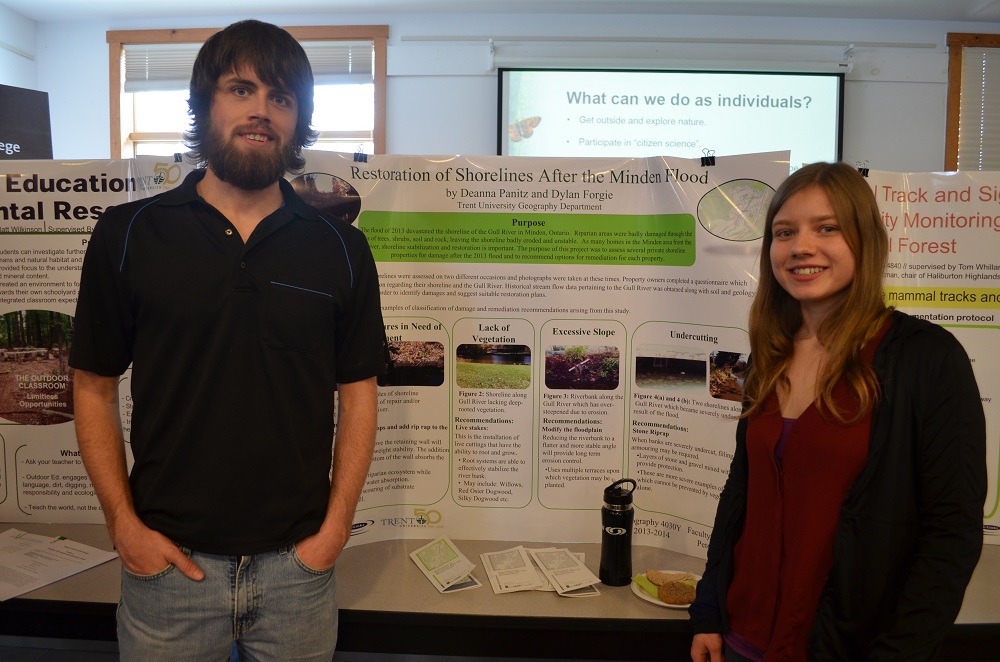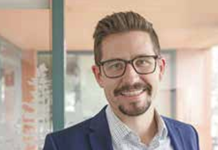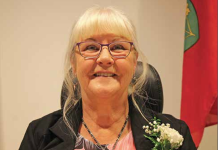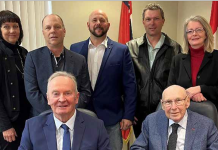U-Links is launching a Woodlands and Waterways EcoWatch Program (WWEW) this spring.
Spokesperson Amanda DuncombeLee said it’s a collaboration of U-Links, Trent University, Fleming College, lake associations, lake stewards, the Haliburton Highlands Land Trust and citizen scientists to monitor the health of waterways and woodlands in our region.
“The program utilizes the resources and knowledge of Trent University and Sir Sandford Fleming College to assist community organizations monitor the long-term health of the forests and lakes of Haliburton County and the surrounding region,” she said.
The program is an expansion of the original Community Benthos Biomonitoring Pilot project that originated in 2019 with the support of funding from the Ontario Trillium Foundation, Trent University and the Haliburton County Development Corporation (HCDC).
In 2020, with financial support from HCDC, the Kenneth Molson Foundation, the Great Lakes Local Action Fund, and several participating local lake associations including Lake Kashagawigamog Organization, Gull Lake Property Owners’ Association, Kawagama Lake Cottagers’ Association, and Halls & Hawk Lake Property Owners’ Association, the program was able to expand to serve an additional 11 lakes, as well as incorporate a framework for citizen science water monitoring and terrestrial biomonitoring.
“This initiative is invaluable and timely, as our lakes and forests continue to face everincreasing pressures from climate change and development,” Duncombe-Lee said.
U-Links, a program of the Haliburton County Community Co-operative, is one of the only rural independent communitybased research centres in North America. It is a unique model in which the community comes first in defining its research needs. U-Links staff help organizations define their research questions, finds the students and faculty to undertake the research, facilitates the relationship between students and the host organizations, provides mentoring for the students and makes the research findings available to the community, she added.
If you are involved with a lake association that would be interested in participating in benthosbiomonitoring, visit their website to download their host primer PDF at wwew. ca/info-for-hosts and contact their WWEW program coordinator, Brendan Martin, at bmartin@ulinks.ca to find out more about the program or discuss a similar research project idea.
If you are part of a property owners association, a municipality or an environmental organization interested in participating in terrestrial biomonitoring, contact Martin.
Duncombe-Lee also put out a call for financial help.
“Over the past two years we have received in-kind and financial support to do the groundwork required to create this program and undertake the first two years of data collection and analysis.”
“We need continued support from the community to continue to support local research needs and to keep the WWEW program running and to help it grow.”
If you are interested in supporting the program, contact Daniela Pagliaro, U-Links’ administrative and logistics coordinator at admin@ulinks.ca.





